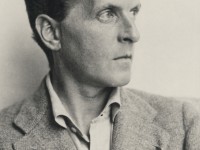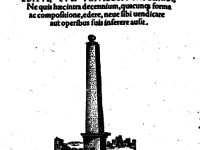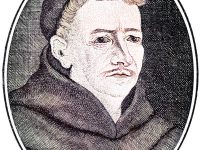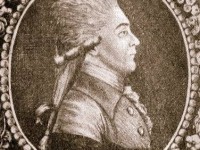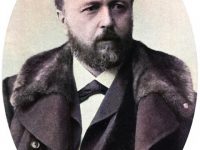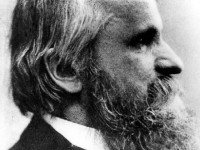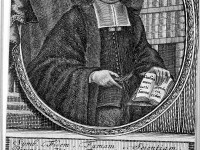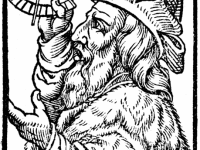The Philosophy of Ludwig Wittgenstein
On April 26, 1889, Austrian-British philosopher Ludwig Wittgenstein was born. He worked primarily in logic, the philosophy of mathematics, the philosophy of mind, and the philosophy of language. He is considered one of the world‘s most famous philosophers. Wittgenstein‘s influence has been felt in nearly every field of the humanities and social sciences. “My work consists of two parts: of the one which is here, and of everything which I have not…
Read more

